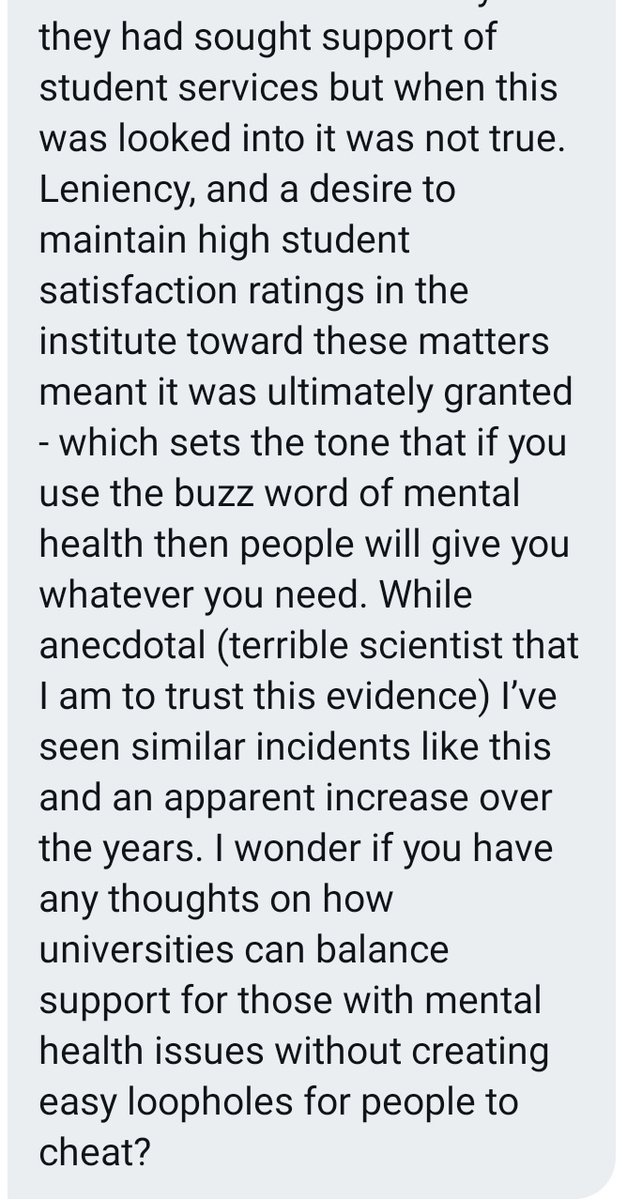
On #InternationalWomensDay2022 I want to highlight that there is still a very real gender-based disparity in STEM by looking at the facts. These issues need to be addressed if we are to ever equity...a thread 🧵
Women in STEM are:
Women in STEM are:
Cited less (papers cited 5.6 times on average compared men at 7.2) and whilst the difference may be small, long term cumulative effects of this have huge impact through the promotions process. rsc.org/globalassets/0…
Harassed more. Nearly 50% of women in science, 58% of women in academia and 43% of female STEM graduates report experiencing harassong behaviours.
nap.edu/catalog/24994/…
nap.edu/catalog/24994/…
Paid less. Depending on country as the the %, one thing that is consistent is a pervasive gender pay gap. [In the UK] "The average female scientist or engineer now earns £35,600, while the average for men is £45,800 – a 22 per cent difference." jobs.newscientist.com/en-gb/article/…
Told it's simply a confidence issue (even by other women). We are still being told that the gaps that exist are a problem with *us* not the environment/patriarchy we find ourselves in. We are told to lean in and change. pnas.org/doi/10.1073/pn…
#SmashThePatriachy
#SmashThePatriachy
Not represented at undergraduate level. "The proportion of female first degree entrants has risen by only four percentage points
in 10 years...at the current rate of progress it will never reach gender parity.
rsc.org/new-perspectiv…
in 10 years...at the current rate of progress it will never reach gender parity.
rsc.org/new-perspectiv…
Less likely to have the opportunity to speak at conferences. 93% of invited abstracts and 83% oral presentations are allocated to more senior career stages where there are fewer women due to the leaky pipeline & the historical barriers women have faced.
nature.com/articles/s4146…
nature.com/articles/s4146…
Underrepresented. "Women’s representation among tenured faculty is lower than one would expect based on the
supply of female science and engineering doctoral degree recipients in recent decades."
aauw.org/resources/rese…
supply of female science and engineering doctoral degree recipients in recent decades."
aauw.org/resources/rese…
This isn't even an extensive list. All of these (and more) need considering holistically and addressing to move towards equity for women in STEM. Nevermind #BreakTheBias for one day only, we need clear strategies and actions from our institutions.
• • •
Missing some Tweet in this thread? You can try to
force a refresh







